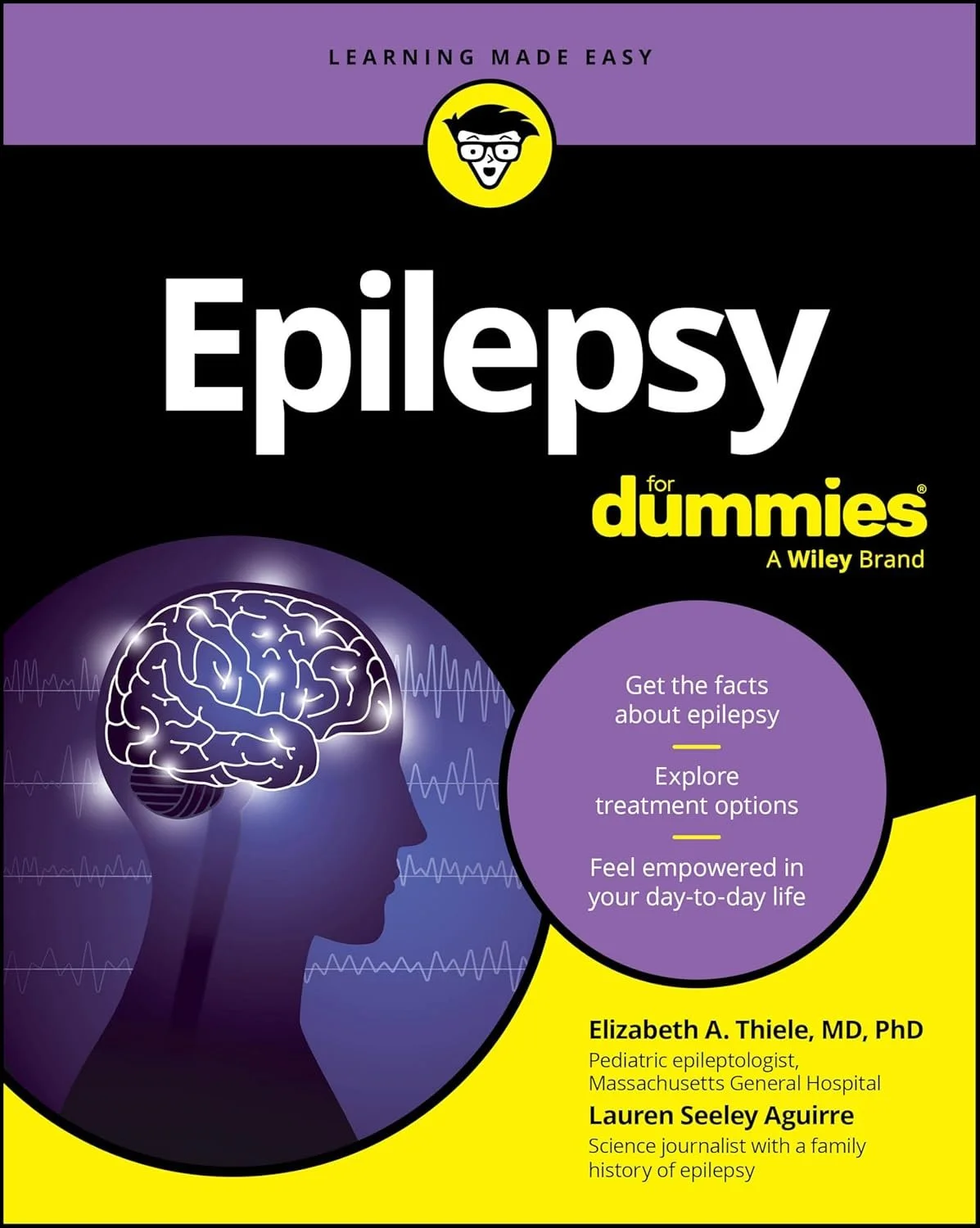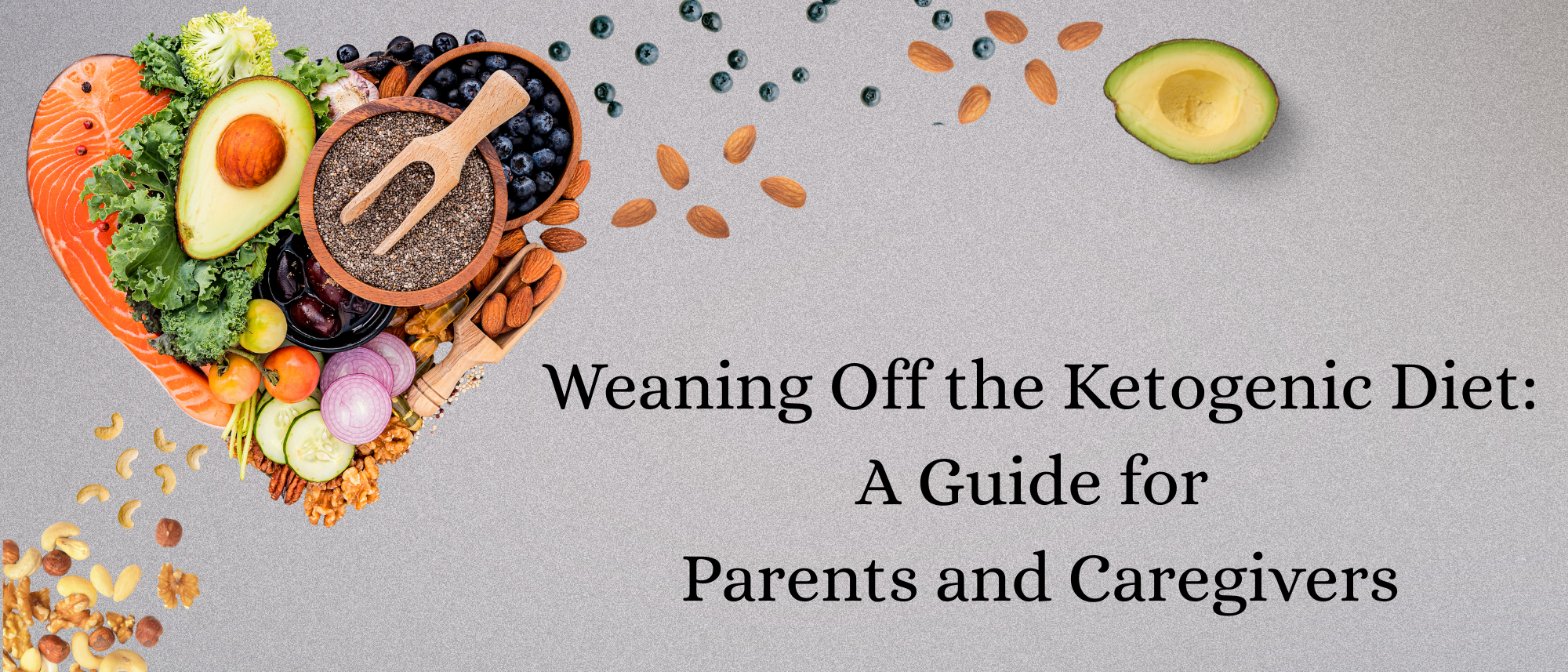Once Upon a Time: A Story About Bones, Brains, and Supplements
/By: Rebecca Legi, MS, RD, CSP
Once upon a time, there lived a clever, curious girl named Laura. She loved climbing trees and playing tag with her siblings. Sweet Laura had the kind of personality that could light up a room. But Laura also had epilepsy — seizures came like sudden storms, leaving her tired and scared.
Doctors tried many medicines, but none worked well. Some made her sleepy; others made her cranky. One day, her neurologist suggested something different: the ketogenic diet. Laura and her family were not particularly enthusiastic about this idea — the diet is strict and difficult to maintain — but with the help of their keto dietitian, they decided to give it a chance.
After just a few weeks, Laura’s seizures nearly stopped. She felt clearer, steadier, and much happier. Everyone was thrilled with the effect of the diet. After some time, they even began considering weaning her off some of her medications, relying more on the diet for seizure control.
At a follow-up appointment with their dietitian, Laura’s parents mentioned that Laura hadn’t been taking her prescribed vitamin and mineral supplements.
"There are so many of them, and she doesn’t like how they taste," they said. "She makes such a fuss about taking them that we finally gave up. We figured she’s doing so well it wouldn’t hurt."
Would it?
Not right away, no.
Nutritional deficiencies are quiet little goblins that sneak in through the cracks when no one is looking. They don’t make a fuss at first — they nibble at your strength, drain your bones, and swipe tiny bits of focus and calm from your brain each day. You don’t notice they’ve been there until, one day, something feels... off.
While the ketogenic diet is an effective therapy for epilepsy, it is nutritionally incomplete without supplementation. A 2008 study assessing micronutrient adequacy across ketogenic diet ratios (4:1 to 1:1) found that at the strictest ratio (4:1), the diet met recommended daily intakes for only 3 out of 28 essential vitamins and minerals. Even at the lowest ratio (1:1), adequacy improved but remained insufficient, covering just 11 of 28 nutrients.¹ Another study confirmed these results, adding that these deficiencies increase with age.²
What’s more, emerging research suggests that the ketogenic diet may interfere with the absorption of certain vitamins and minerals — even when intake is adequate. This means that simply meeting the numbers on paper might not guarantee the body is actually getting everything it needs. That’s why it’s extra important to be vigilant about taking your supplements.
That might have convinced some of you to take your multivitamin, but you might still wonder:
"What about extra supplements on top of the multivitamin? We can skip that if needed, right?"
Well, a few micronutrients stand out as needing extra attention because even a multivitamin can't fully meet the recommended amounts. These nutrients are calcium, phosphorus,² ³ and magnesium.²
These three nutrients — along with vitamin D — play a big role in supporting healthy growth and strong bones. When we don’t get enough of them, it can lead to problems like soft or brittle bones (osteomalacia or rickets), a higher risk of fractures, and even decreased growth.⁴
But that's not all.
Low calcium levels can also affect the brain. In children with epilepsy, insufficient calcium may increase brain excitability, which can contribute to seizures.⁵ To complicate things further, many children with epilepsy are taking anti-seizure medications like carbamazepine, which increases the activity of cells that break down bone. Combined with low intake, it sets the stage for weakened bones and a high risk of fractures.⁶
Sounds familiar?
Yes — those are two out of the three long-term side effects of the ketogenic diet your keto team warned you about.⁷
And then there’s the third: kidney stones.
This is where I also try to convince you to take your baking soda mix, sodium bicarbonate, or Effer-K regularly at the prescribed amount and time. You've heard the story of how ketones make your blood acidic, creating the perfect environment for your kidneys to form stones. The baking soda counteracts this acidity — but did you know this acidity can also contribute to poor bone health?
Without baking soda to help the kidneys offset blood acidity, the body diverts vitamin D into forms that manage acidity instead of using it for bone building.⁸
So, what’s the takeaway?
The ketogenic diet can be life-changing for managing epilepsy, but it comes with hidden risks if we’re not careful. Supplements are not just an extra chore — they are essential partners in your journey. They protect your bones, support your brain, and safeguard your overall health for the long haul.
Without the right nutrients, small cracks can form silently over time, affecting growth, focus, energy, and resilience. Staying committed to the prescribed supplements — including multivitamins, minerals like calcium, phosphorus, magnesium, and supportive therapies like baking soda — isn’t just about following the rules.
It’s about giving your body the full support it needs to thrive on the ketogenic journey.
Love your bones. Protect your brain. Support your whole self. Take your supplements — every single day!
With love and bone-saving wisdom,
Your ketogenic dietitian
Follow Rebecca on Instagram @Rebeccalegi & LinkedIn.
References:
1. Zupec‐Kania, Beth, and Mary L. Zupanc. “Long‐term management of the ketogenic diet: Seizure Monitoring, nutrition, and supplementation.” Epilepsia, vol. 49, no. s8, 4 Nov. 2008, pp. 23–26.
2. Prudencio, Mariana Baldini, et al. “Micronutrient supplementation needs more attention in patients with refractory epilepsy under ketogenic diet treatment.” Nutrition, vol. 86, 1 June 2021, p. 111158.
3. Liu, Yeou-Mei Christiana et al. “A prospective study: growth and nutritional status of children treated with the ketogenic diet.” Journal of the American Dietetic Association vol. 103,6 (2003): 707-12.
4. Cosenza, Linda et al. “Calcium and vitamin D intakes in children: a randomized controlled trial.” BMC pediatrics vol. 13 86. 23 May 2013.
5. Fraser, Lisa-Ann et al. “Enzyme-inducing antiepileptic drugs and fractures in people with epilepsy: A systematic review.” Epilepsy research vol. 116 (2015): 59-66.
6. Shiek Ahmad, Baemisla et al. “Bone Mineral Changes in Epilepsy Patients During Initial Years of Antiepileptic Drug Therapy.” Journal of clinical densitometry : the official journal of the International Society for Clinical Densitometry vol. 19,4 (2016): 450-456.
7. Groesbeck, Darcy K et al. “Long-term use of the ketogenic diet in the treatment of epilepsy.” Developmental medicine and child neurology vol. 48,12 (2006): 978-81.
8. Sampath, Amitha et al. “Kidney stones and the ketogenic diet: risk factors and prevention.” Journal of child neurology vol. 22,4 (2007): 375-8.






















